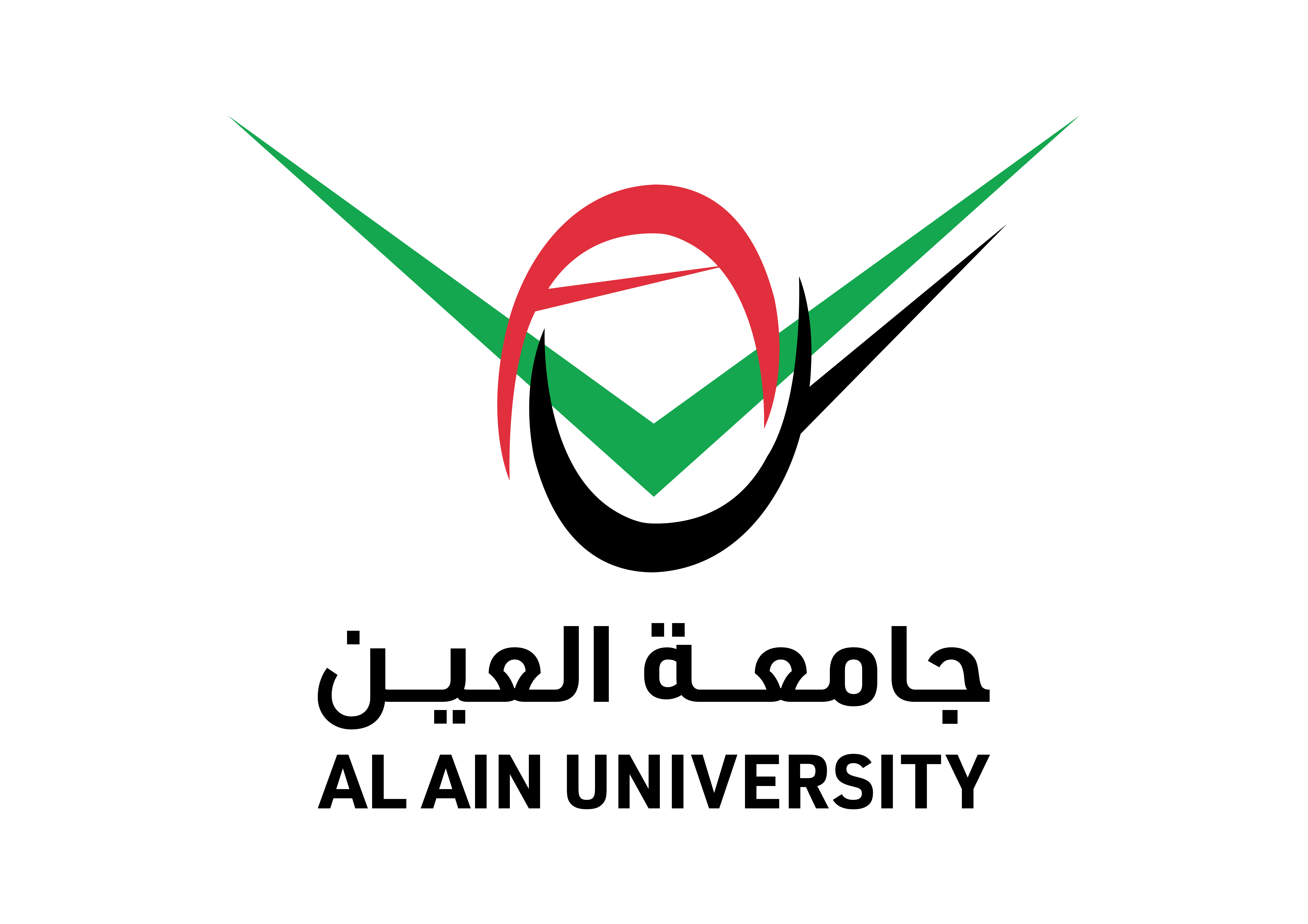COVID-19 Vaccine Development in a Quadruple Helix Innovation System: Uncovering the Preferences of the Fourth Helix in the UAE
Date
2020Item Type
ArticleAbstract
Successful development and uptake of vaccine technology in a Quadruple Helix Innovative health or economic system requires a clear understanding of society’s preferences as the fourth helix. With significant financial commitments to find a safe and effective COVID-19 vaccine still ongoing, this study introduces a random utility theoretic behavioral health model to analyze individuals’ prospective demand for the vaccine in the United Arab Emirates (UAE). To this end, we use a cross-sectional sample of stated vaccine preferences data collected online using the snowball method, between 4 July and 4 August 2020, gathering 1109 responses across all seven Emirates of the UAE. We found that in addition to socio-economic and demographic influences, the factors affecting individuals’ preferences for the prospective COVID-19 vaccine in the UAE include those put forth by the WHO’s SAGE group on immunization. Though the estimated indirect cost, in the form of expected marginal utility of time spent to get the vaccine is not statistically significant, the expected marginal utility of every dirham spent to get the vaccine is −1.76 AED and significant, suggesting a significant expected dis-utility from COVID-19 vaccine seeking/payment by the average person. Our findings also highlight significant perceived financial, temporal and spatial barriers to COVID-19 vaccine uptake in the UAE. Therefore, a set of measures are suggested to help mitigate the adverse effects of these three constraints. Our study thus contributes methodologically to the literature on vaccine demand, hesitancy and development. It also contributes to the nascent empirical evidence on the novel coronavirus disease, by providing significant insights for evidence based policy making that should increase the effectiveness of any prospective COVID-19 vaccination program in the UAE.
Author
Niankara, Ibrahim
Muqattash, Riham
Niankara, Aminata
Traoret, Rachidatou I.

